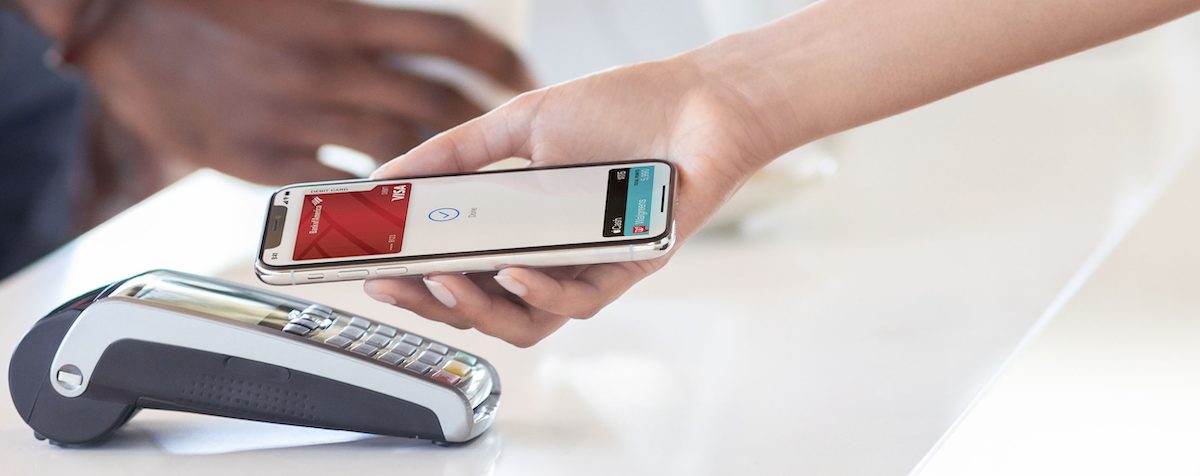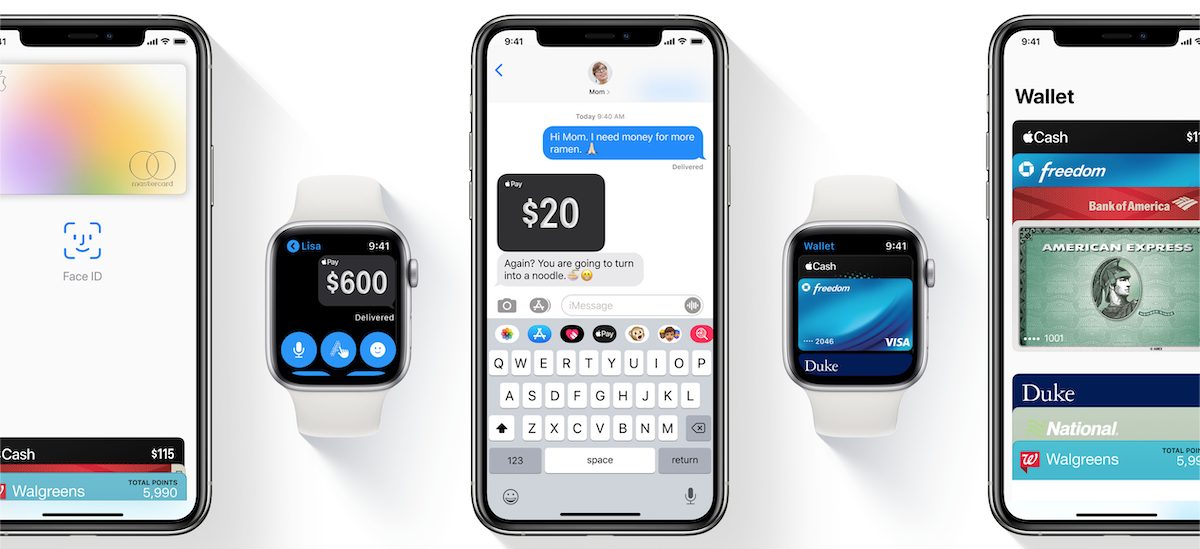Cupertino tech giant is hit with a new Apple Pay infringement lawsuit in the United States. A patent holdings company RFCyber has filed a case against the iPhone maker over five patent infringements relating to its contactless payment technology.
The new case is filed just a few after the U.S Court of Appeals for Federal Circuit denied a lawsuit brought by Universal Secure Registry accusing the tech giant of infringing on its digital wallet and secure authentication IP patents.

Apple Pay service infringes upon multiple patents by RFCyber
The complaint RFCyber has filed a case with the U.S. Court for the Western District of Texas alleging that Apple infringes on its patents related to mobile payment methods offered in the Apple Pay service and wants Apple to pay damages, royalties, and court fees.
The case targets the contact payment services’ integration of a secure element on the initiating mobile device to make payments and their acceptance by a wireless terminal using NFC and RFID technologies. Certain patients also cover Internet sales.

However, AppleInsider notes that RFCyber updated a few patents after the launch of Apple Pay in 2014 and the company has filed similar cases against other tech giants.
It also appears that RFCyber updated claims of certain patents after the launch of Apple Pay in 2014 to better position itself should elect to pursue litigation.
The IP was granted to RFCyber Corporation in Fremont, Calif., and later assigned to a subsidiary office in Texas. Some patents were also assigned to Shenzhen, China-based firm Rich House Global Technology.
Little is known about RFCyber beyond a recent flurry of patent litigation that includes nearly identical complaints against Google, LG and Samsung. Google and Samsung filed to review or invalidate claims in the patent stash.
Two recent reports reveal a very contrasting picture of Apple Pay’s market share of mobile wallet debit transactions. The 2021 Debit Issuer Study, commissioned by PULSE and conducted by Oliver Wyman, found that mobile wallet usage increased and Apple Pay continued to dominate that space during the COVID-19 pandemic in 2020 in the U.S. On the other hand, a study by PYMNTS found that in seven years Apple Pay has seen below-average growth with only 6% of iPhone users opting for the payment service in the United States.